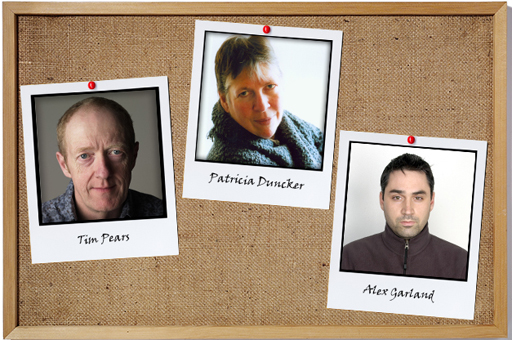4.1.1 Research

Writing fiction often involves finding out about things you don’t yet know enough about, or checking things you are not sure of. Sometimes you will use your notebook to detail your research. But what research do other writers undertake?
Here novelists Tim Pears, Patricia Duncker and Alex Garland talk about their approaches to research. Do their approaches have anything in common?
